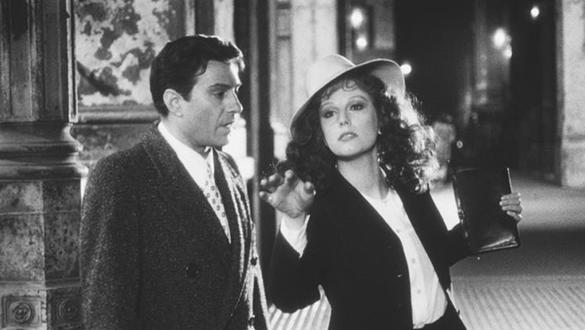
The film follows three partisans across several decades, beginning three years after the war. They are a nurse, a film critic and a successful lawyer. Their love is what unites them and divides them. The cinema of those years followed the rise and fall of history and is affectionately incorporated throughout the film, with appearances by De Sica and Fellini. Two memorable supporting characters also stand out: the uncouth daughter of a pro-fascist Roman contractor, whom marries one the protagonists and transforms into a sophisticated, unhappy woman à la Antonioni, and her cruel father, who, gasping in the last part of the film, says “I don’t die”. His character in fact represents the tenacity of malevolent and ineradicable national characteristics. (Emiliano Morreale)
Ettore Scola (1931-2016) began as a contributor to the satirical magazine Marc'Aurelio, then in the cinema as a screenwriter, notably with Risi and Pietrangeli. He made his first film, Se permettete parliamo di donne (Let's talk about women) in 1964. With a daring style and a fierce analysis of modern society he subsequently established himself among the masters of Italian comedy.




